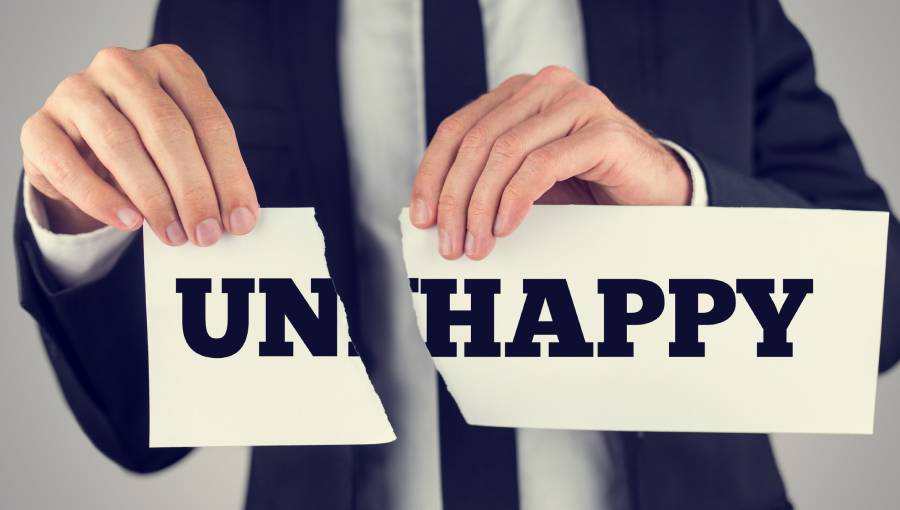Last Updated on July 21, 2023 by cmv
So you’re thinking about starting counselling for the first time?
That’s great news! The first step is choosing a counsellor but where does one begin?
Here’s a guide on how to choose the best counselling therapist for you.
First off, you want to choose someone who has the appropriate training and experience. Counsellors who have designations such as RCC or CCC are great options. RCC stands for Registered Clinical Counsellor and CCC stands for Canadian Certified Counsellor. In order to obtain these designations as a therapist, one must have completed a Master’s Degree in Counselling Psychology from a recognized institution.
They also have to have completed a certain number of clinical supervised counselling hours among other professional requirements. Psychologists and Social Workers (who provide counselling therapy) are also great options. All four provide therapeutic services, which are usually covered under your extended health.
Second, you want to choose someone who you feel you can open up to. The relationship between you and your counsellor is one of the most important parts of therapy. You’re going to be sharing some pretty personal things with your therapist and so you’ll want to feel as comfortable as possible with him/her/them. This is why I highly suggest doing a free consultation with a counsellor who offers this.
It’ll give you a feel for what they’re like, what their approach to therapy is, and what to expect from working with them. In a consultation, you’ll want to go over these pieces as well as things like scheduling, billing, and experience working with your specific concerns. This should help you decide if you’d like to try a counselling session with that therapist.
Third, check-in with how you feel after your first session. Do you feel hopeful, encouraged, and/or eager for your next session? Oftentimes, you need to try a session to help you decide on a therapist fully. Remember that counselling brings up a variety of difficult subject matter and with that, difficult emotions. It is a process that might leave you feeling drained after sessions. This isn’t a bad thing and can actually be a sign that you’re making progress.
Basically, you want to work through the hard stuff so that in time, you’ll feel stronger, more resilient, and ready to tackle things in your life. The purpose of going through the hard stuff is to get through it so that it doesn’t keep coming up throughout your life. That’s the benefit of good counselling therapy. Depending on what you’re struggling with, you’ll probably develop coping strategies and learn tools from your therapist which is another huge benefit of counselling since you can also use these in the future.
If you’re still unsure if you want to try counselling or have questions reach out to a member of our team as we can guide you in the right direction.
Best of Health,
Counsel Me Vancouver




